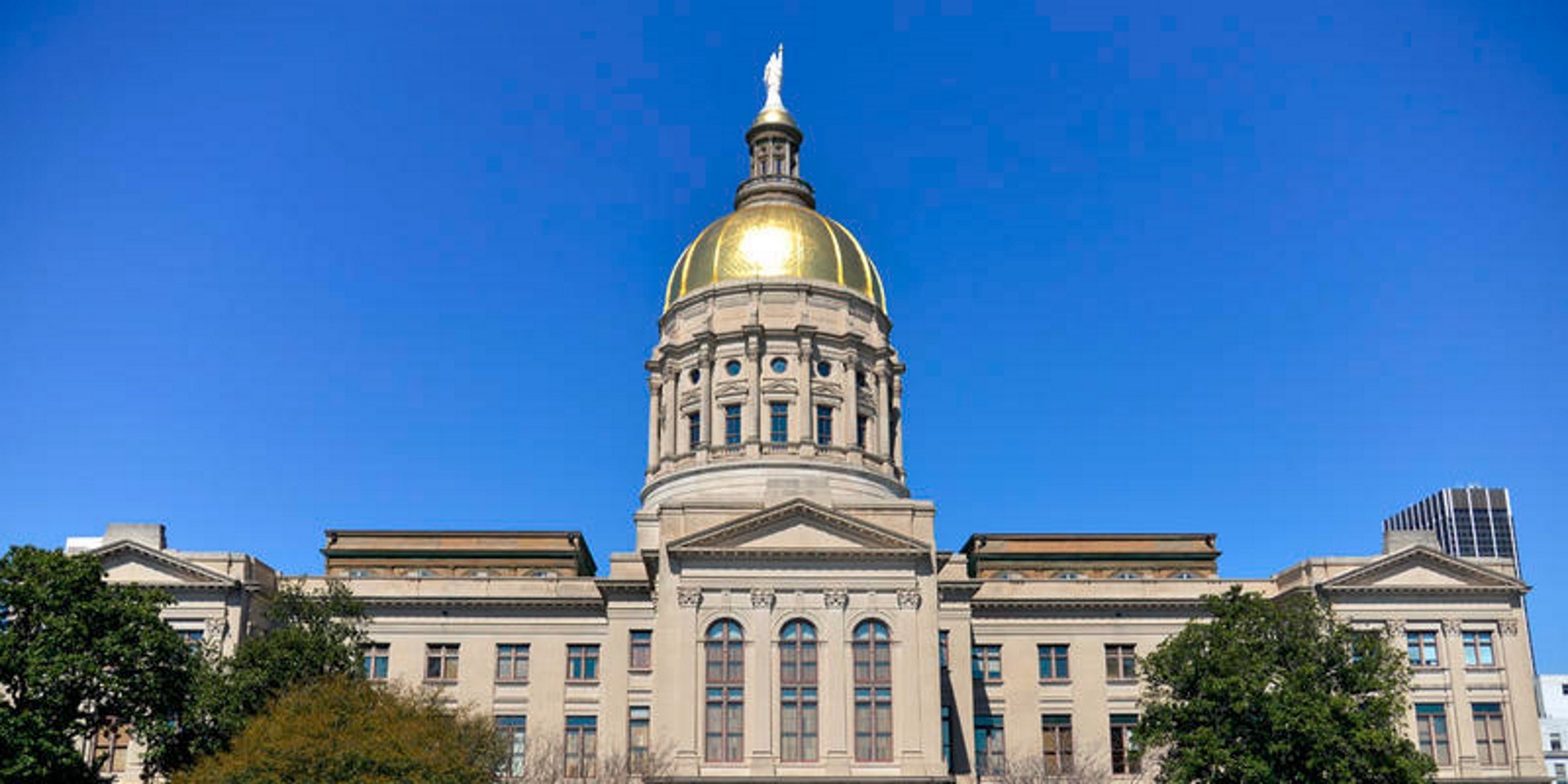Atlanta City Council member Andre Dickens has clinched the second spot in a Nov. 30 runoff in Georgia’s largest city, narrowly edging out former Mayor Kasim Reed, who was seeking a third term after leaving office in 2018.
Dickens will face off against clear front-runner and current City Council President Felicia Moore, who won about 40% of the vote in Tuesday’s election. Dickens secured about 23% of the vote, less than 1% more than Reed did.
“I am confident that people have heard our message for change and agree with us that Atlanta deserves more,” Moore told supporters Tuesday night.
Although Reed raised the most money in the nonpartisan race, Dickens picked up momentum in the weeks before the election and was endorsed by former Mayor Shirley Franklin.
“You chose a path to the future tonight,” Dickens told supporters shortly after he inched ahead of Reed early Wednesday. “The people decided that it was time to save the soul of our city and to move this campaign forward into the runoff. Hope has defeated fear.”
Attorney Sharon Gay and council member Antonio Brown finished in fourth and fifth place, respectively. None of the other nine candidates in the race got more than 1% of the vote.
Mayor Keisha Lance Bottoms announced in May that she wouldn’t seek a second term, creating a wide-open race to succeed her.
Polls consistently showed Moore and Reed leading the race, but a lot of voters — about 40% — remained undecided even in the weeks leading up to the election. But Reed had a high unfavorable rating, and it appears the pool of undecided voters largely split their support between Moore and Dickens, Emory University political science professor Andra Gillespie said.
“It wasn’t a far-fetched possibility that Andre Dickens was going to end up in second place,” she said. “For me it did not come out of left field.”
Confronting rising crime has been a major focus throughout the mayor’s race, but candidates also reflect concerns about affordable housing, bolstering struggling city services and keeping the wealthy Buckhead neighborhood from seceding.
Like many cities across the country, Atlanta has experienced a spike in killings, with several high-profile homicides that have generated widespread attention.
“We all want to live in an Atlanta — I think we all do — where it’s safe to jog down the street, where it’s safe to pump your own gas, where it’s safe to even sleep in your own bed without bullets flying through the windows,” Moore told supporters.
Moore was first elected to council in 1997 and was elected citywide as council president in 2017. She touts her legislative record, and promises greater accountability and transparency. Moore entered the race before Bottoms bowed out, and is a longtime critic of Reed, who she said led “the most corrupt administration in Atlanta history.”
Reed, who served two four-year terms beginning in 2010, left office amid a federal investigation into corruption at City Hall. A half-dozen members of his administration have been indicted. Some pleaded guilty and others await trial.
Reed was never charged, and his lawyers said federal prosecutors told them in August that the inquiry into Reed had been closed. Federal officials have not commented on that claim.
Moore also has focused on city services, saying the city needs to reinvest in its people and facilities to make sure taxpayers get what they pay for, amid complaints about faltering services such as yard debris pickup.
Dickens, who was elected to City Council in 2013, promises to increase the number of officers, arrest gang leaders and implement community policing. He also aims to increase affordable housing, improve infrastructure and ensure current residents qualify for high-paying jobs.
“Moore is still in an advantageous position” heading into the runoff, Gillespie said.
Moore dominated in the northern part of the city, which has more white residents, and will likely maintain the advantage in those precincts, Gillespie noted. Moore and Dickens were both competitive on the south side, where Reed tended to get a plurality of the votes, so both candidates will have to try to convince those voters they’re the best choice, she said.
As for Reed, failing to realize his goal of a third term as mayor leaves him at an inflection point in his career, Gillespie said. He’s well-resourced and will be able to figure out something else to do, but it remains to be seen whether politics still has a hold on him, she said.
“If he has further political aspirations, he’s going to have to give himself some distance from the investigation of his administration, and he’s probably going to have to undertake a serious effort to rebrand himself,” Gillespie said.








